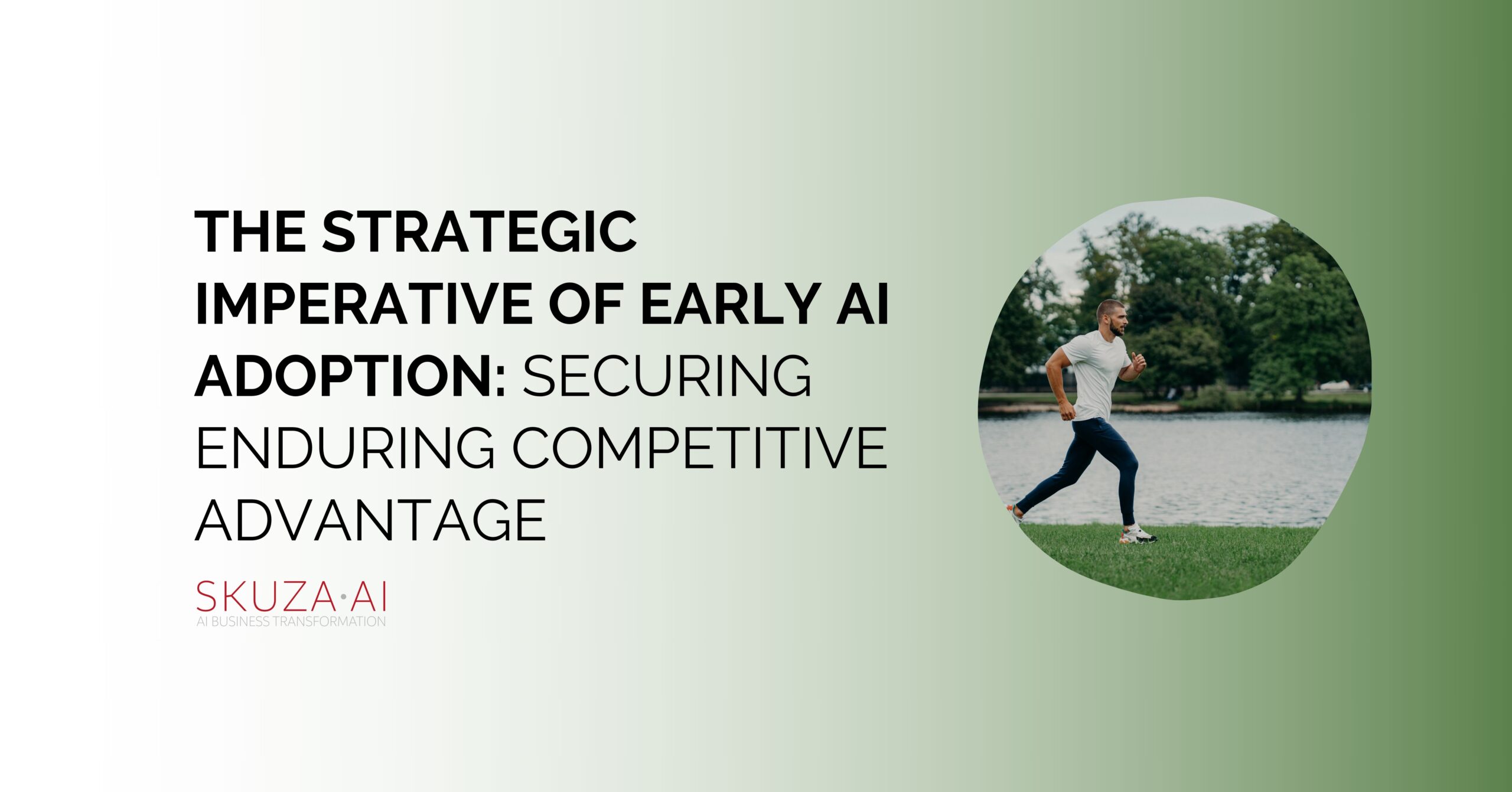This post. I hope, gives concise information about simple but effective rules which large organisations can implement to make sure employees have space for experiments. The rules are general, without instructions. They are more like directions than procedures. Working with startups and large companies I found them universal, this is why I share them with you.
Mostly, large organizations are considered as slow, bureaucrativzed, risk averse structures. It is hard for them to design, build and scale innovation projects quickly. There are many great examples of huge organizations which tackle innovations effectively and are great examples of innovation champions (Apple, Adobe, Unilever, Amazon and many more).
Here are few simple rules, which companies can consider to make sure people are able to experiment and there is a space for experimental mindset.
1. Open doors for external partnership.
If you talk to startups CEOs and founders, you will always have fresh view of what is going on in the cyber space. Startups are constantly searching for a new thing, so they can monetize their ideas in a niche. Startups are amazing examples of discovering new business models and I love how much they try to monetize them. Most of them die and new are born every day. Simply by communicating with startups, large organizations can get access to new business models, disruptive technologies and find great source of inspirations. Open doors for external partnerships. Be honest with them. Learn from startups. It will change large company culture slowly and steadily.
2. Have a “waste some on my” money approach.
Give people money for experimenting. Simply make some of the annual budget available for experiments. Make it easy to apply for this money. Empower people to take responsibility for experimenting voluntarily, also make them responsible for “waste” money. Money + responsibility creates leaders in long-term. Also, giving people power to experiment and money to carry on, helps them learn effectively and don’t make the same mistakes twice. Risking money is harder than risking time only. So if you make them responsible for experimental budget, it will pay off.
3. Focus on iterations with customers not on the product.
Start everything with a consumer / customer input . Literally. Invite customers to design workshop. Ask them about opinion very early. Do you have a prototype of next cup / iron / tablet or rubber band? Ask people what do they think about it? How would they like to use it? What is the killer feature, if there is any. Make a customer a centre at early stage of your innovative project. If you do it, naturally your product will become a reflection of your niche demand. Finding market-fit will be easier with customers feedback than without it. Everything gets easier if you deal with customer feedback massively.
Arek Skuza – coFounder of K2 Digital Ventures which helps large companies design and scale innovative ventures with audacity and speed of startups.

